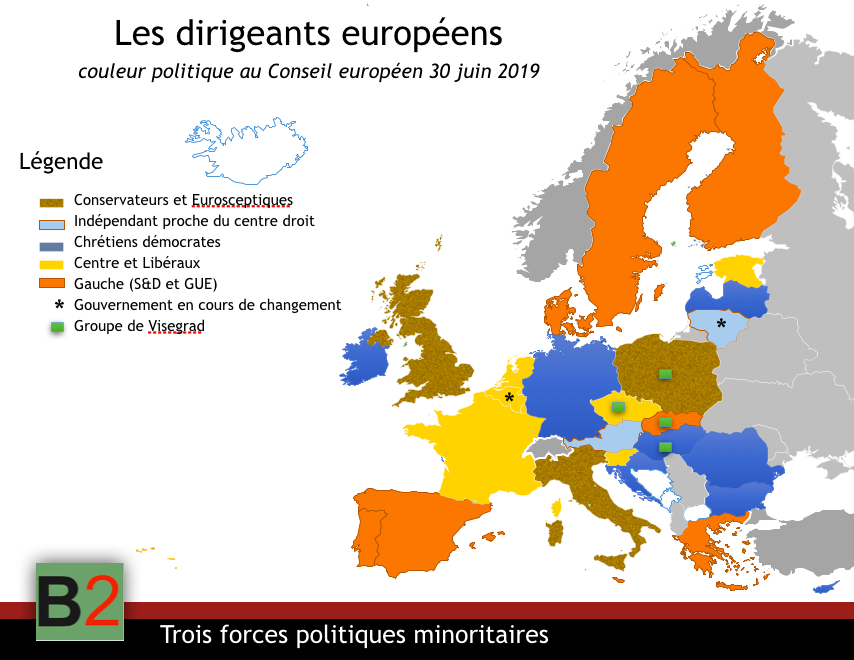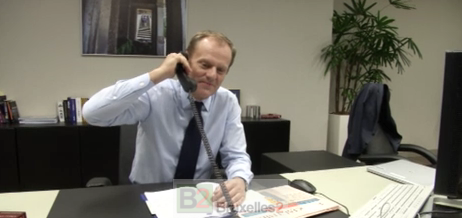A European Commissioner responsible for crisis management? An idea to explore
(BRUSSELS2) With the entry into force of the Lisbon Treaty and the development of Defense Europe, the question arises whether the appointment of a European Commissioner specifically responsible for crisis management and defense issues would not be justified. This would make both practical and political sense. At the practical level, the task of the High Representative appears very important: covering both the foreign policy and defense aspects (as today) but bringing together community action and intergovernmental action. How can a single man be able to negotiate with the Iranians or the Israelis, be present every Wednesday at the Commission meeting, chair the Council of Foreign Ministers once a month, receive all the miss dominici land or visit them, and lead the dozen or so military and civilian crisis management missions that the EU has deployed around the world, often in "hot" regions (Afghanistan, Iraq, Congo, Guinea -Bissau...)? A little "too much" perhaps! He will have to split...
A second man called to assist the High Representative in all its tasks might be necessary. Even if the function is not officially created by the Treaty. But in the same way as there are vice-presidents of the Commission or a deputy secretary-general in the Council, one could conceive of the post of a commissioner - very close to the High Representative - and called upon to relieve him of certain tasks. Among the tasks which could be entrusted to this second commissioner, one can naturally think of the ESDP. Because it is both the natural complement of the CFSP. But it also has its specificities and its constraints that must be fully understood and fully managed. The new (small) competence of "civil security" which will be created at European level could also be attached to it, which would make a complete portfolio of civil and military "crisis management" (which is more appropriate for a European Commission to dominant
civil, than a portfolio on "Europe of Defence"). With the Commissioner in charge of Development and Humanitarian Aid, and that in charge of Trade, there would thus be a fairly logical "cluster" of the new European foreign policy.
The appointment of such a commissioner would have another advantage : allow geographical diversity in the approach to European foreign policy. It is thus conceivable that if the post of High Representative is occupied by a national of an old Member State, the post of Commissioner for "crisis management" could be entrusted to a Commissioner coming from a new Member State. A North/South balance might also be appropriate. Similarly one could conceive of a certain socialist/liberal political balance, for example.

